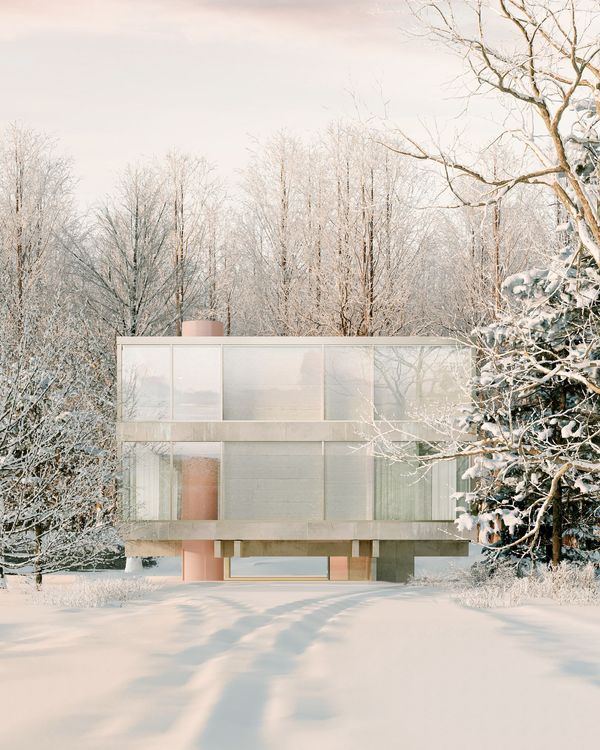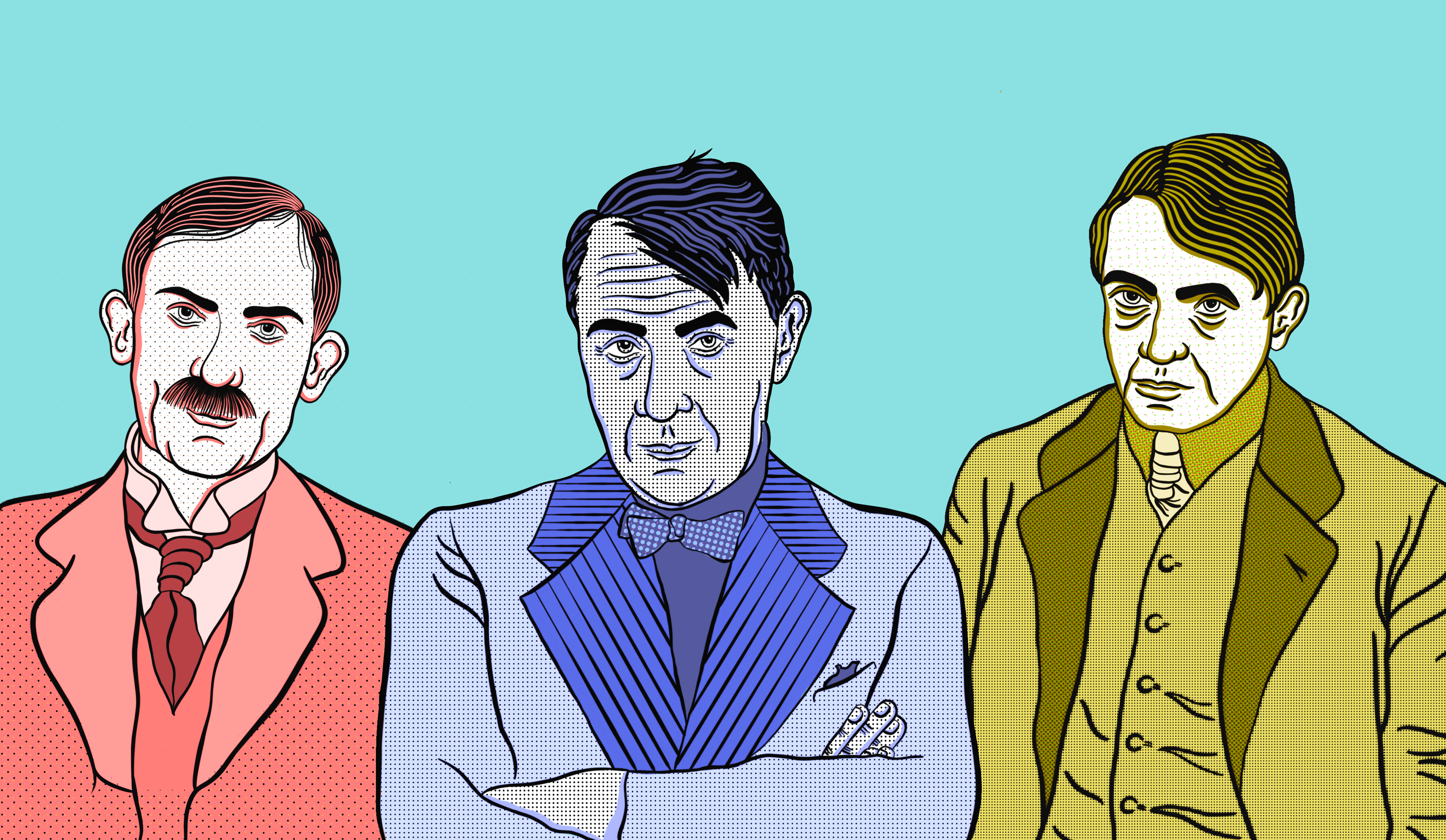The Hungarian capital has several breathtaking buildings from the turn-of-the-century heyday. The most popular and most vibrant venues of the era were the cafés filled with bustling social life. Prominent members of the aristocracy and literary luminaries took refuge within the walls of these cafés.
New York Café
One of Budapest’s most imposing venues, the New York Café, the former headquarters of the New York Life Insurance Company, opened in 1894 and has been voted the most beautiful café in the world. With a history of over 120 years, the building has always been considered a citadel of literature and the upper bourgeoisie, thanks to its captivating interior and atmosphere. Legend has it that Ferenc Molnár (a celebrated Hungarian auteur—the Transl.) threw the key to the café straight into the depths of the Danube so that it would never close.
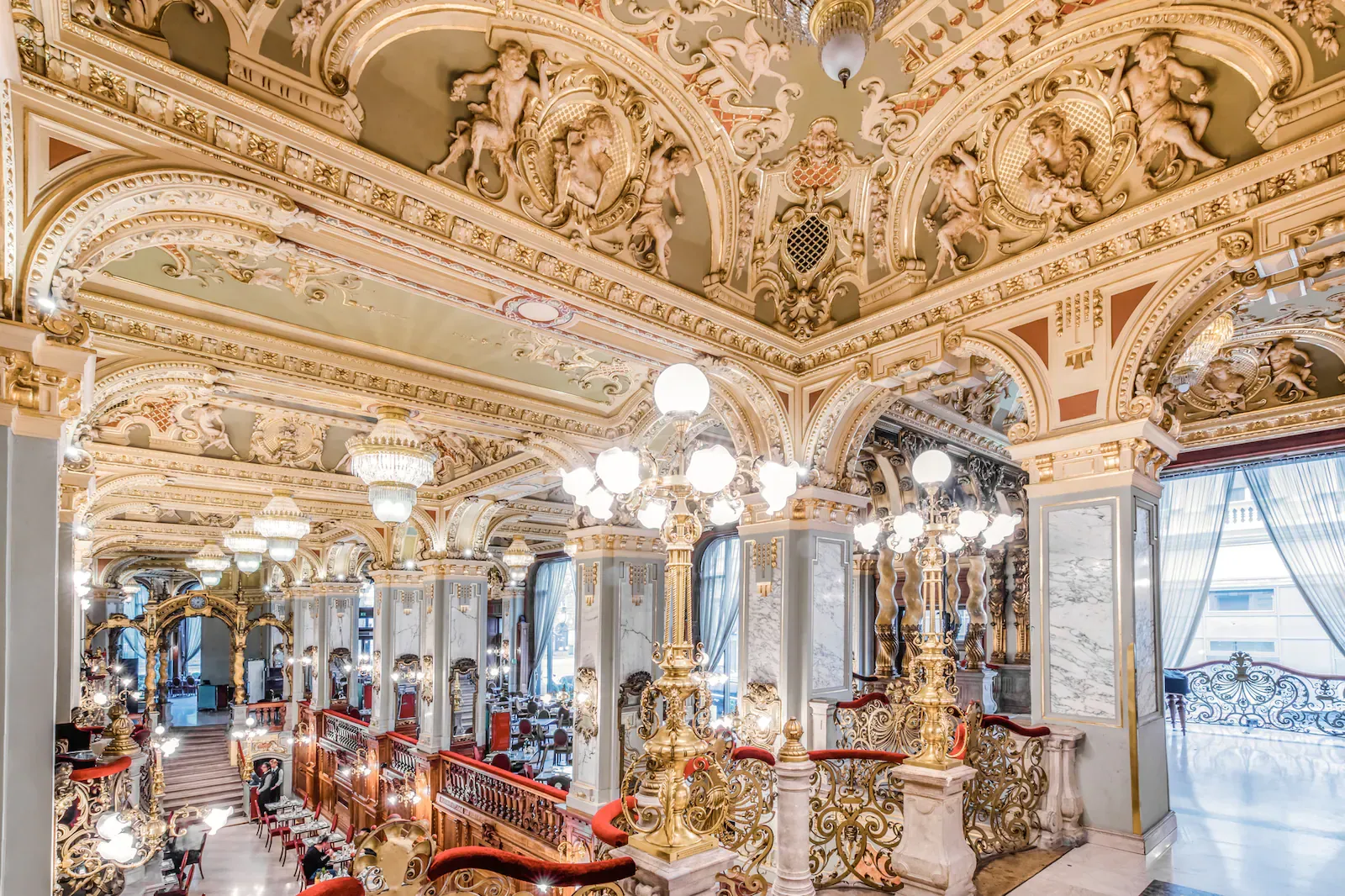
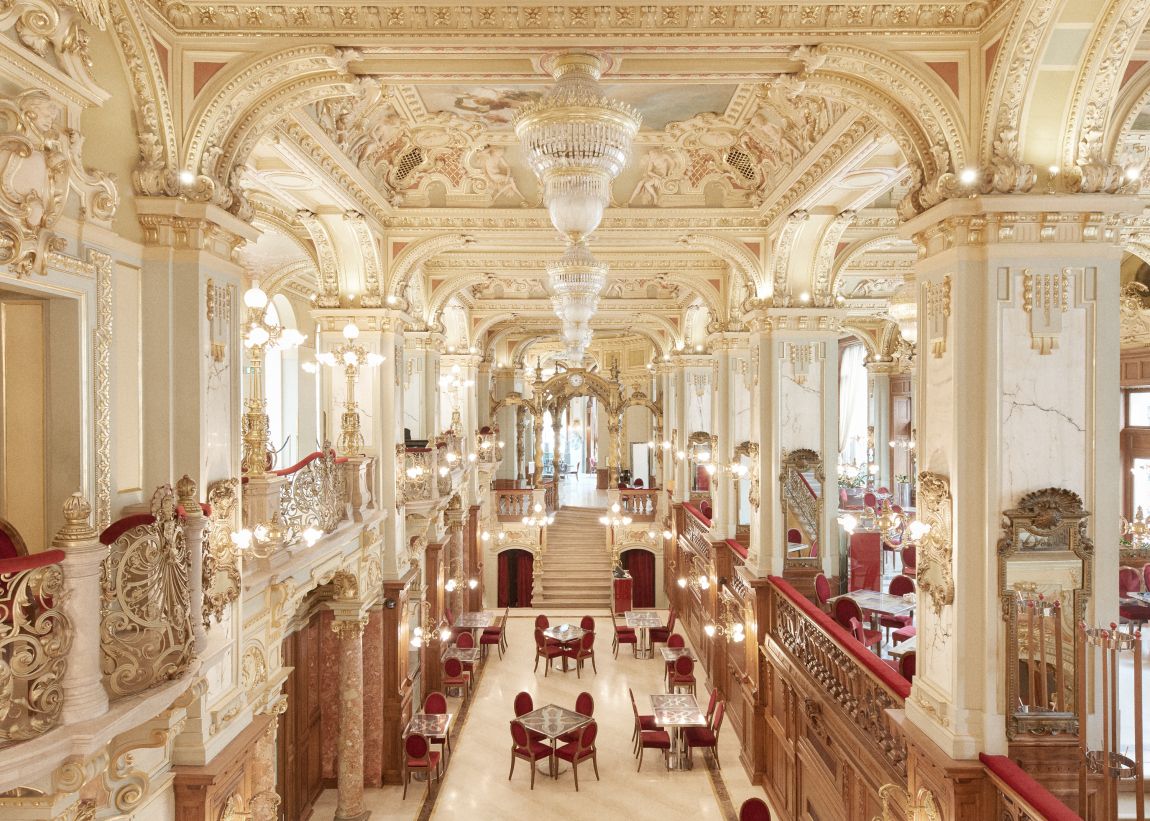
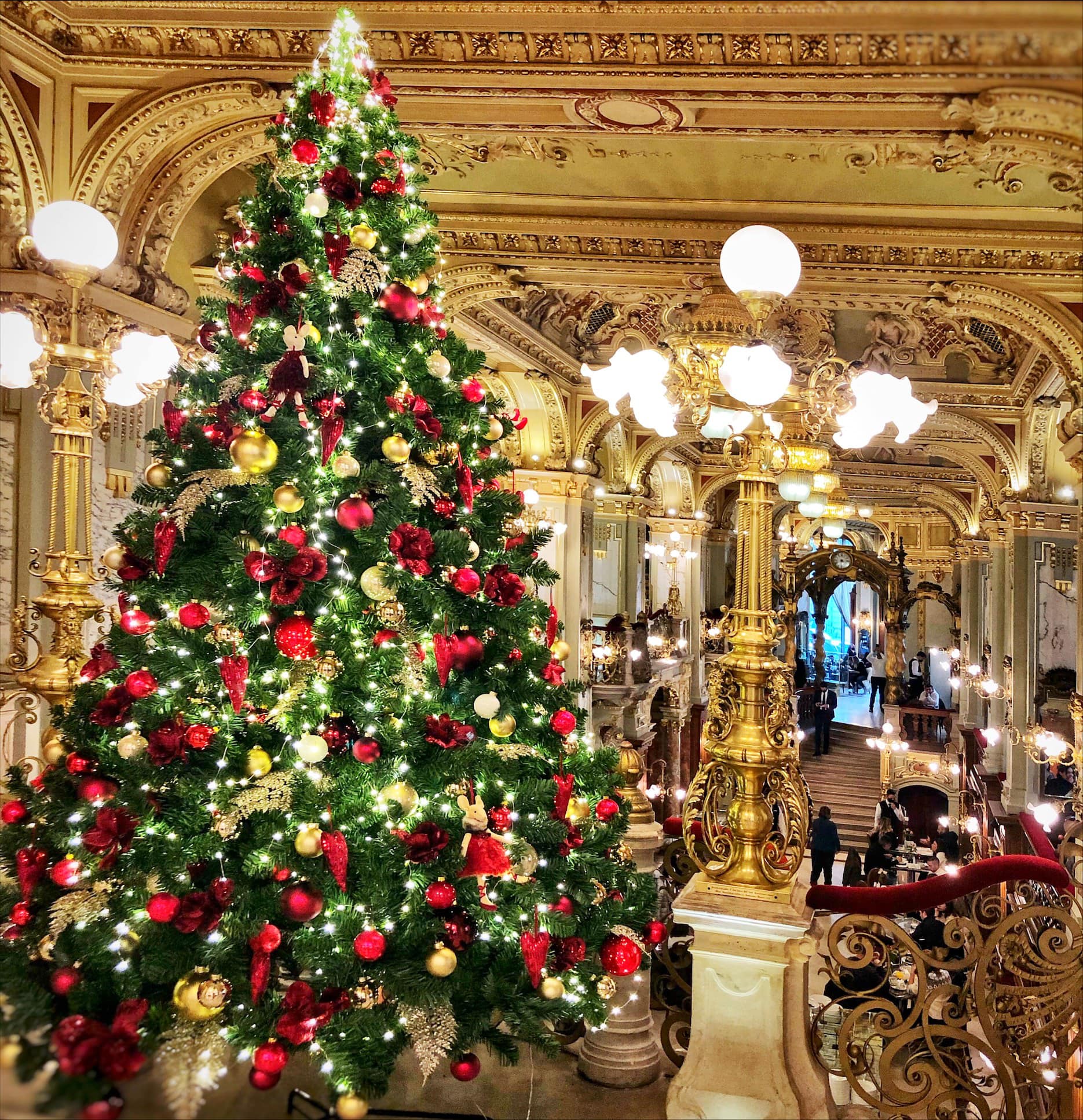
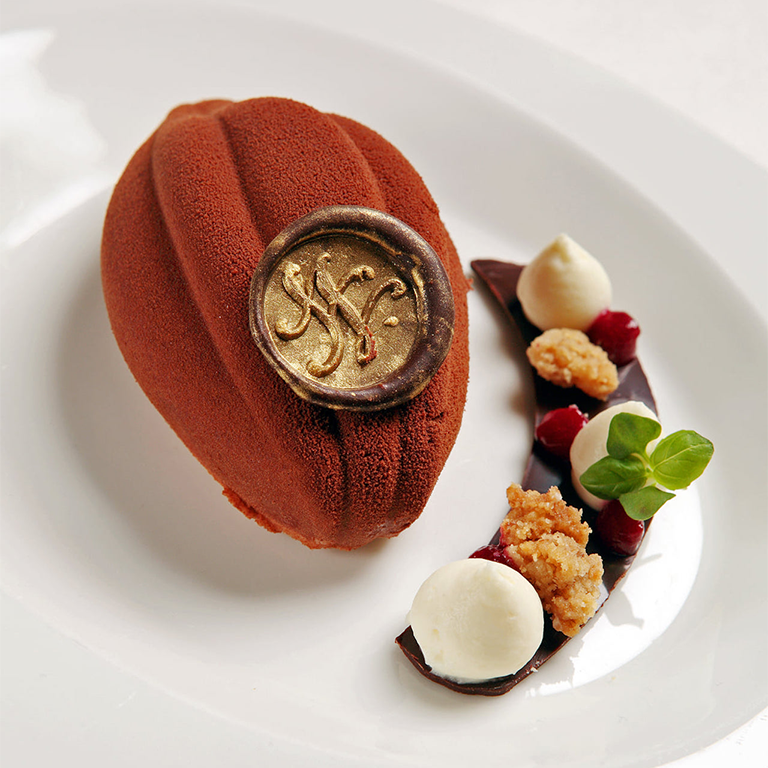
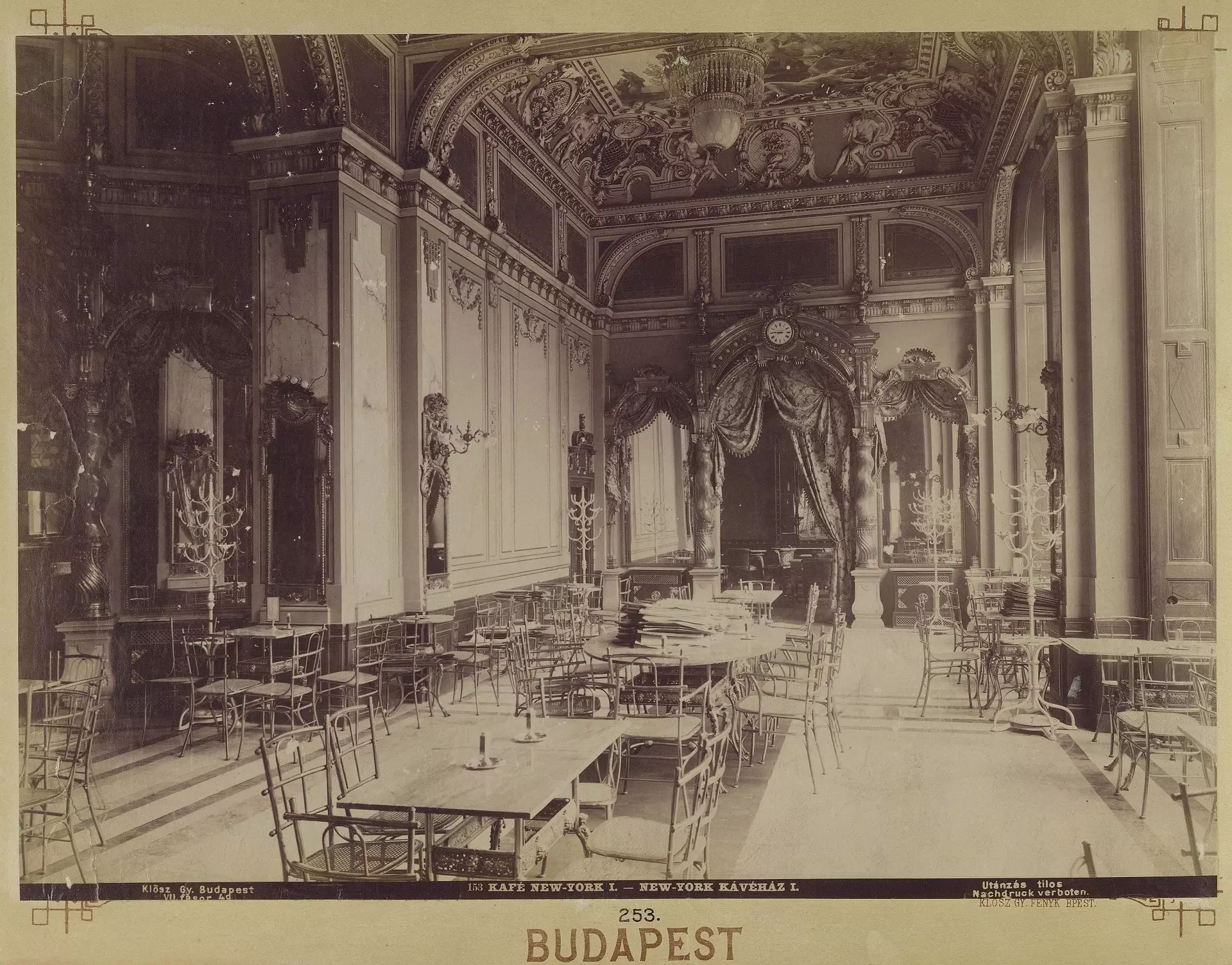
Central Grand Café & Bar
The origin of its name is no coincidence, as the café, which opened in 1887 and flourished from the early 20th century, was the intellectual center of Pest for decades. The French-inspired café was once the haunt of great writers and poets such as Endre Ady, Mihály Babits, and Dezső Kosztolányi, who used to exchange their thoughts here every Tuesday after the founding of the legendary journal, Nyugat. The café was reborn in 2021, like a true phoenix, with its spirit and existence continuing to shine today.
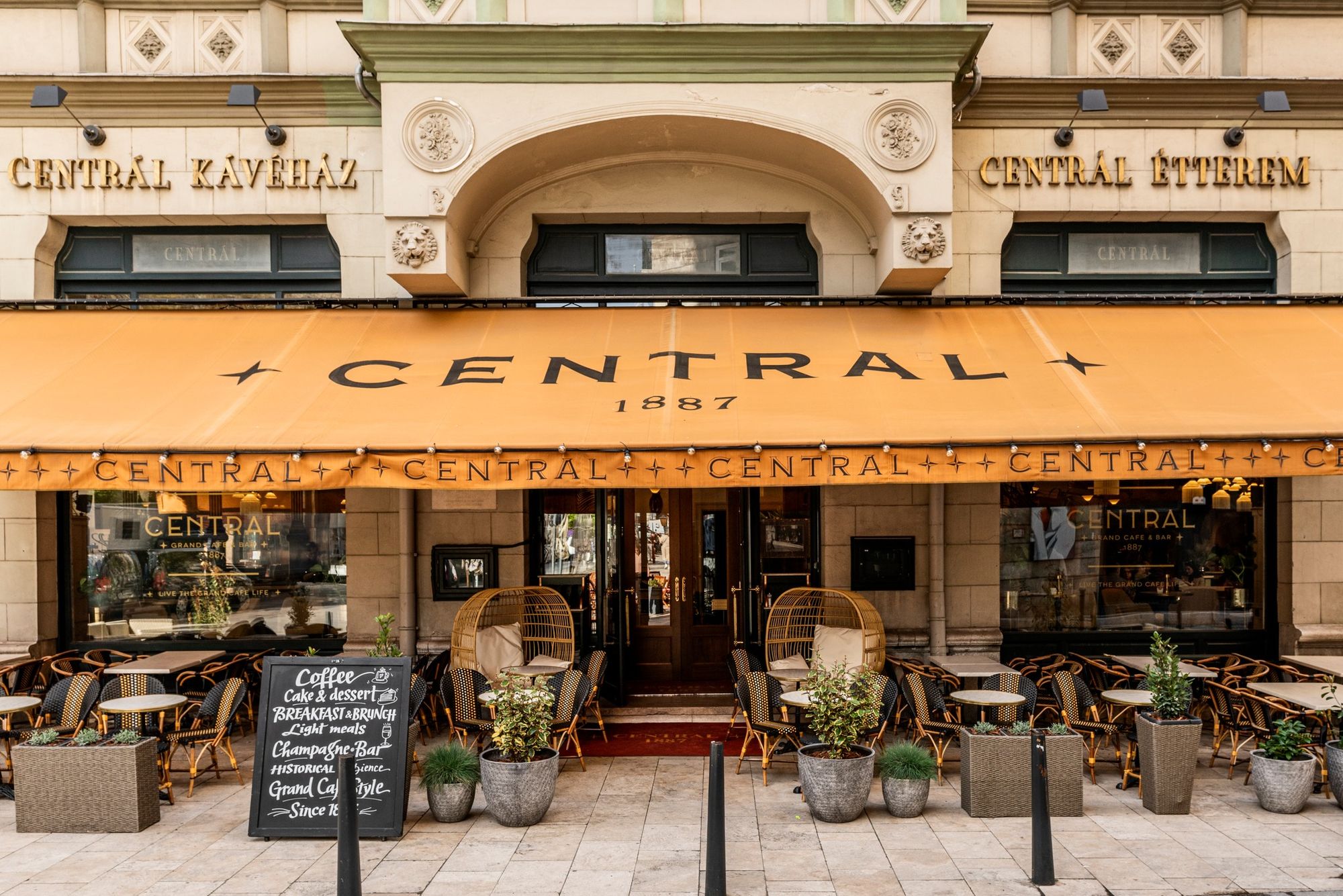
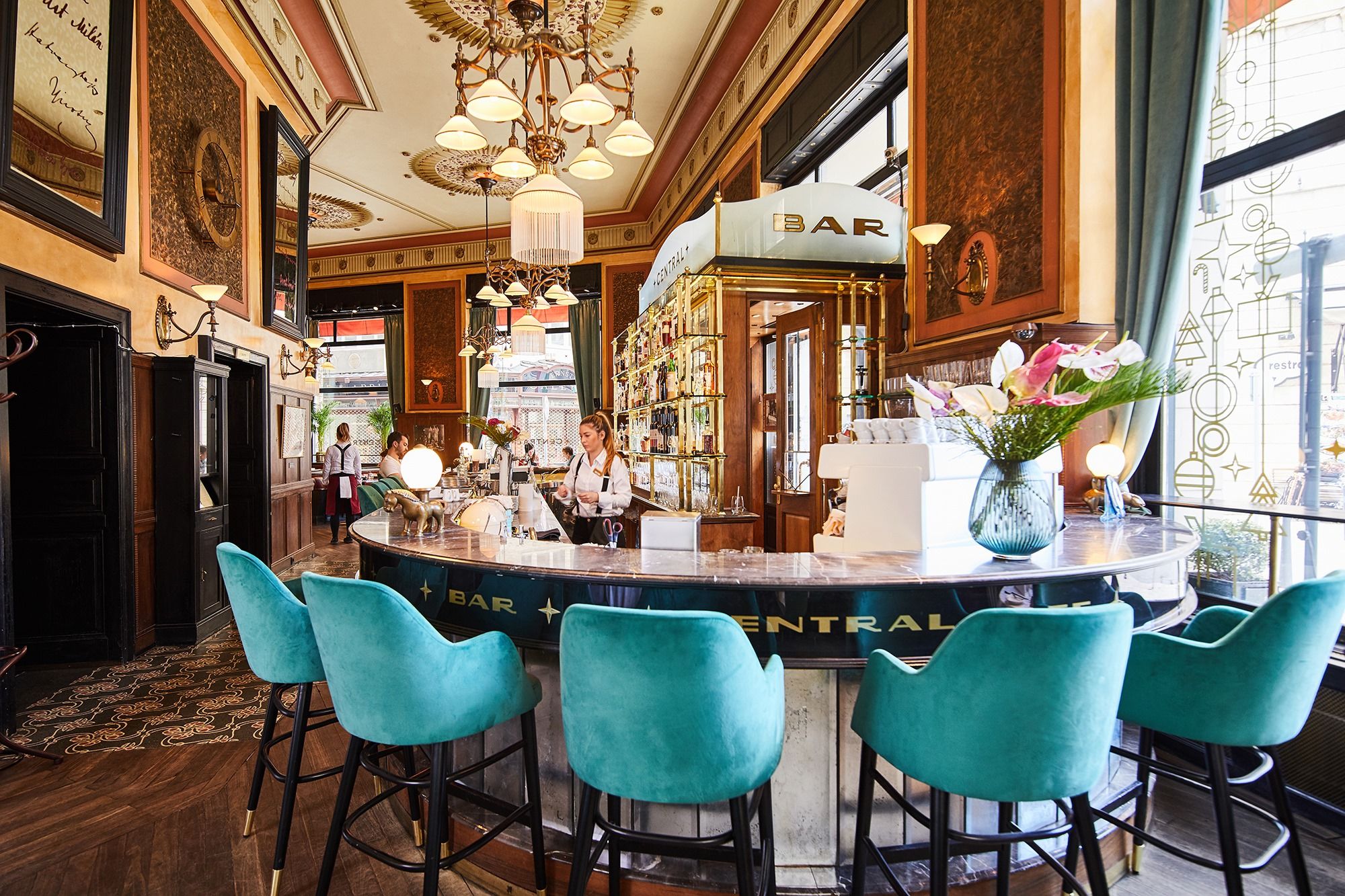
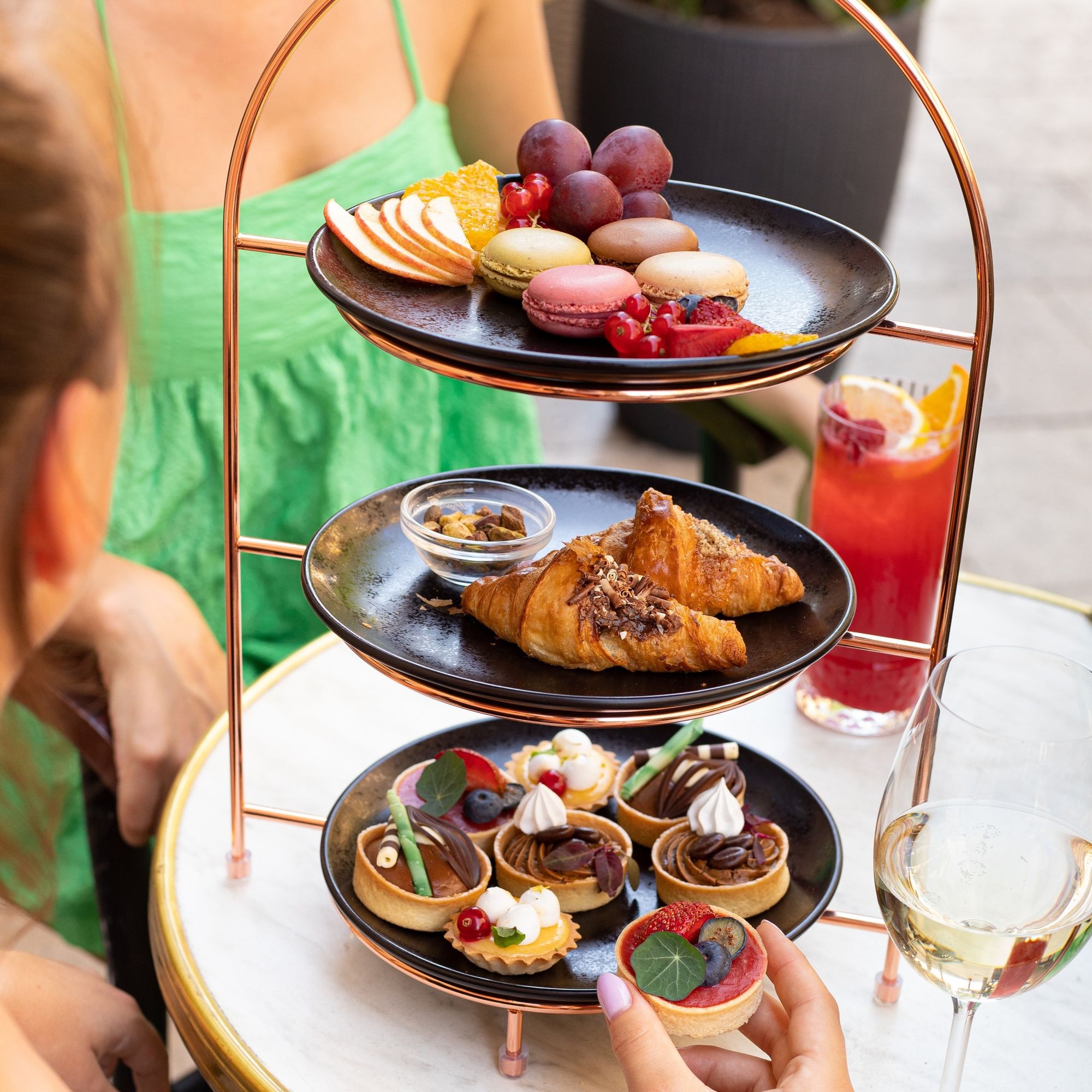
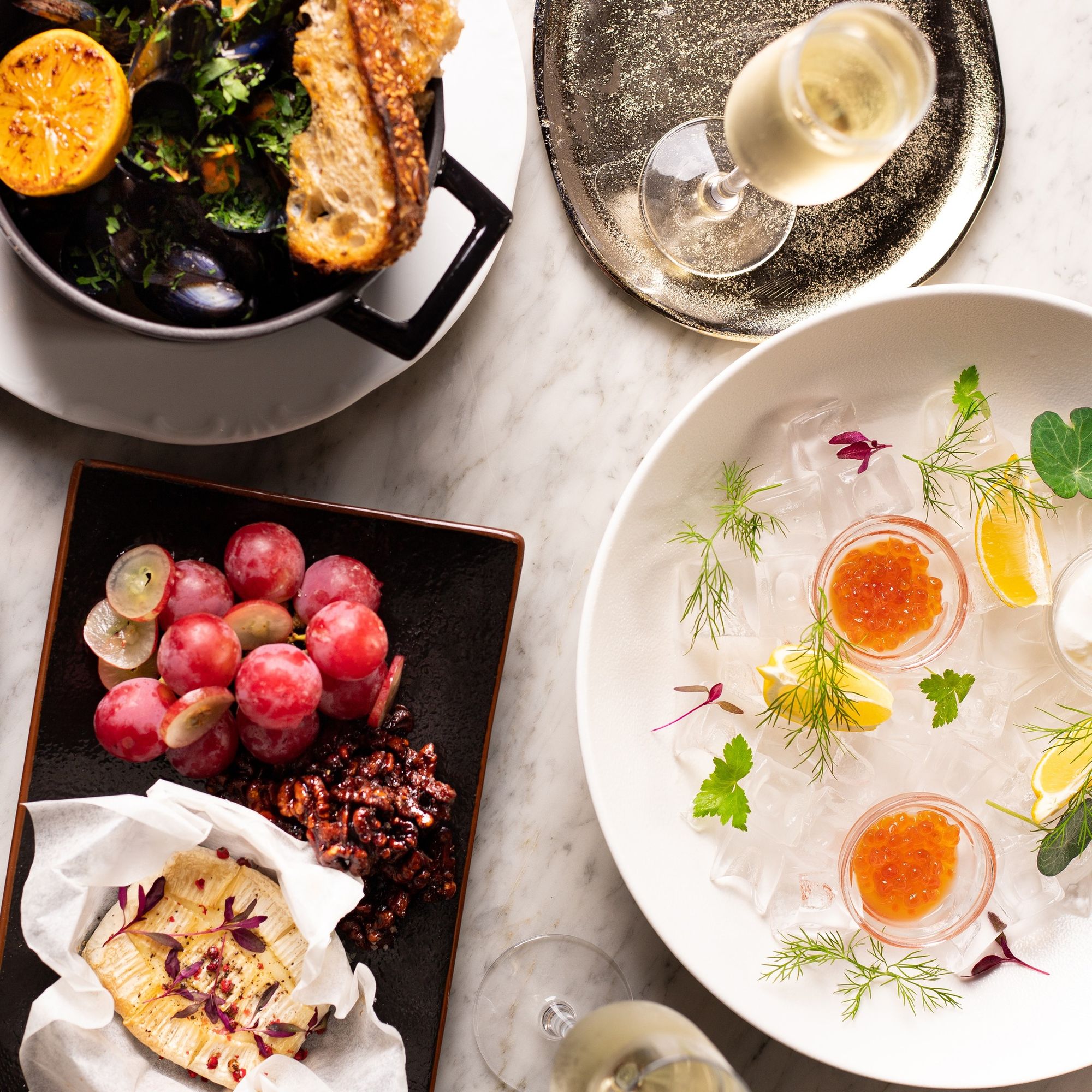
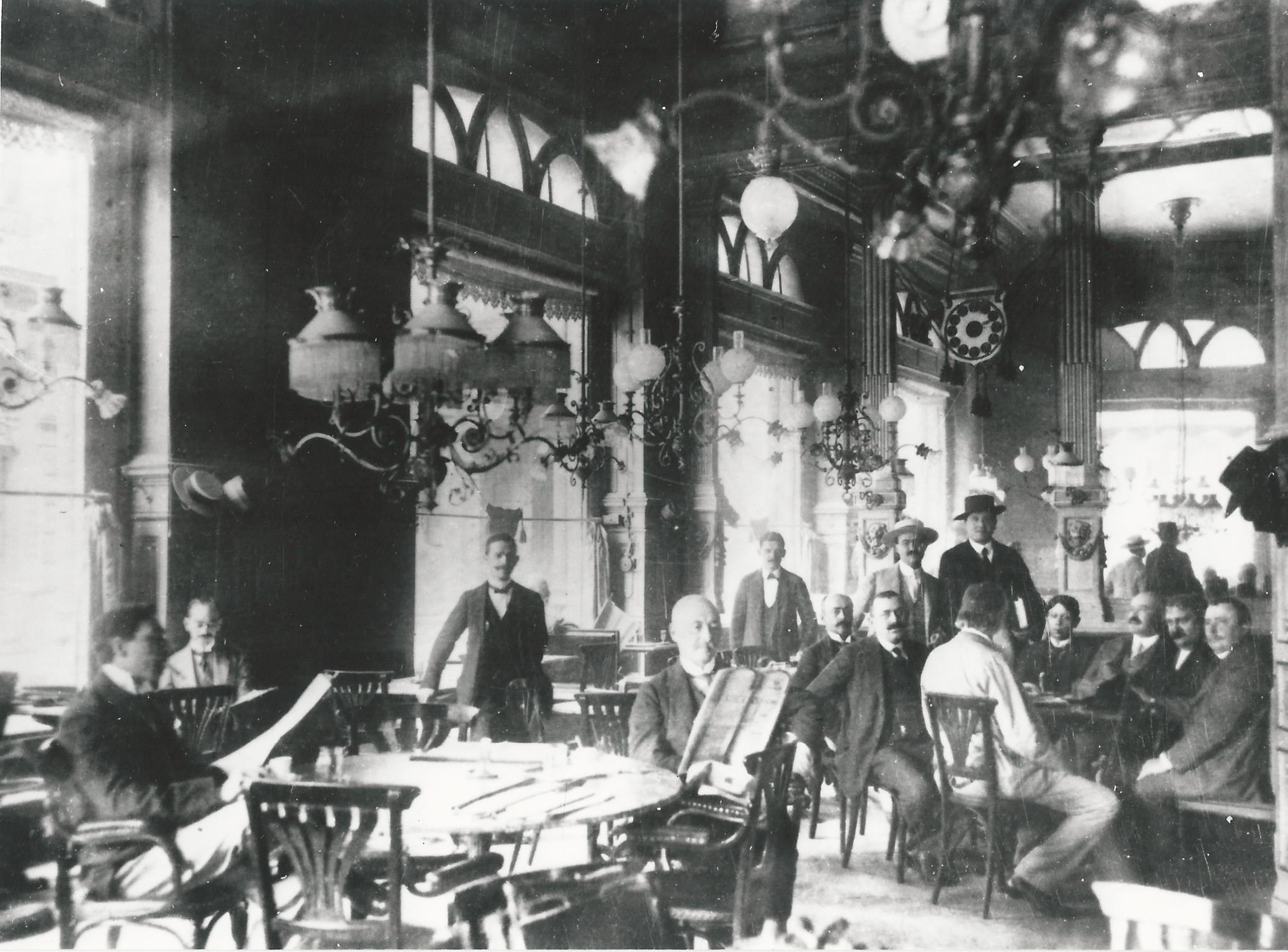
Café Gerbeaud
We all have at least one childhood memory of savoring our grandparents’ treasured brandied cherries or trying to figure out the reason for the name of the famous chocolate brand Macskanyelv (meaning ‘cat’s tongue’), after all, cats can’t make chocolate from their tongues. These are all creations of Emil Gerbeaud, a master pastry chef from Geneva, which were born within the walls of the Café Gerbeaud on Vörösmarty Square in the heart of the capital at the time of the millennium. Since its opening in 1858, the café has gained a worldwide reputation and its name has become synonymous with French chic and elegance. A beloved haven for the aristocracy and the cream of social life, today it continues to offer its guests an experience that will last a lifetime.
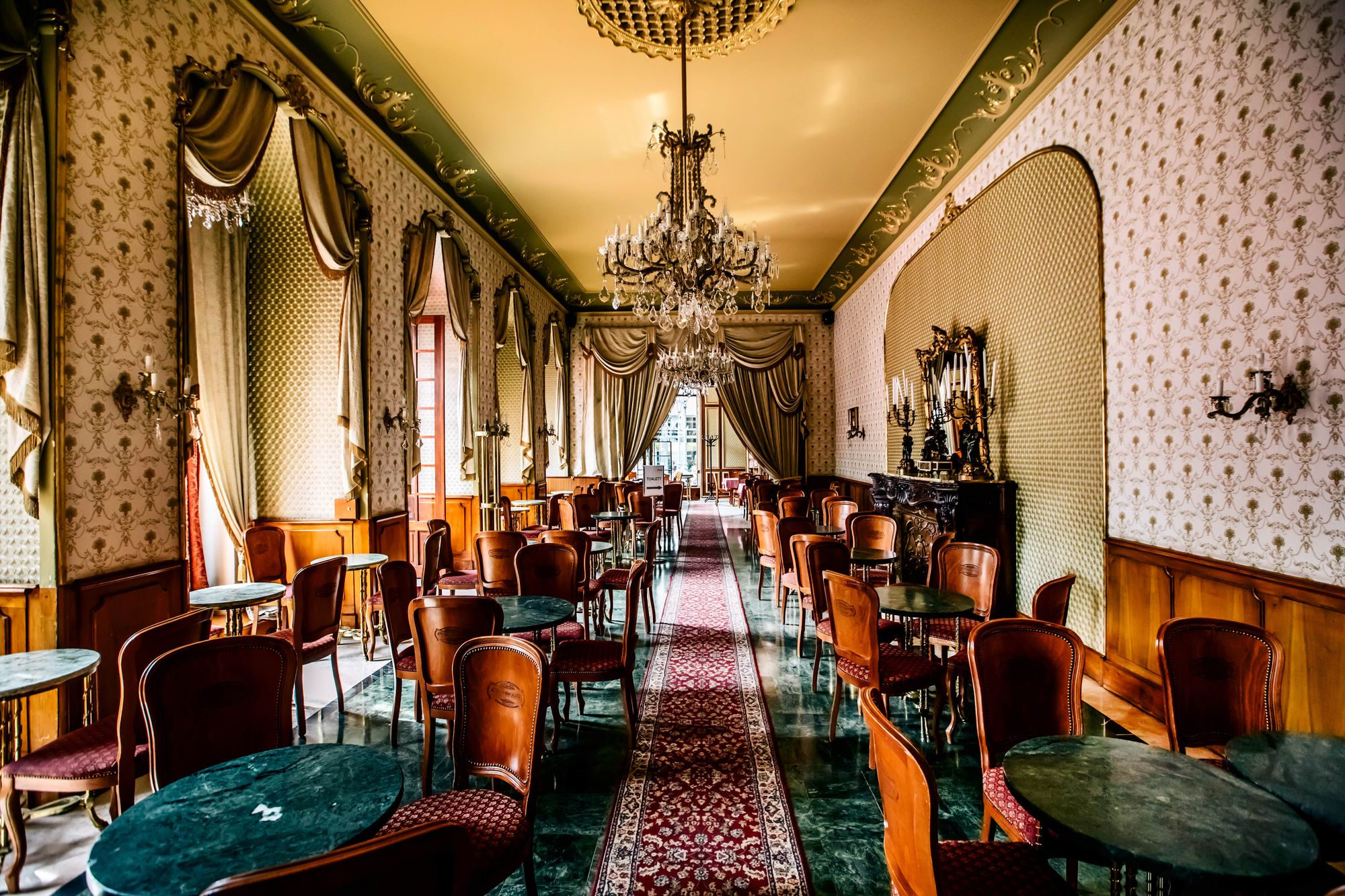
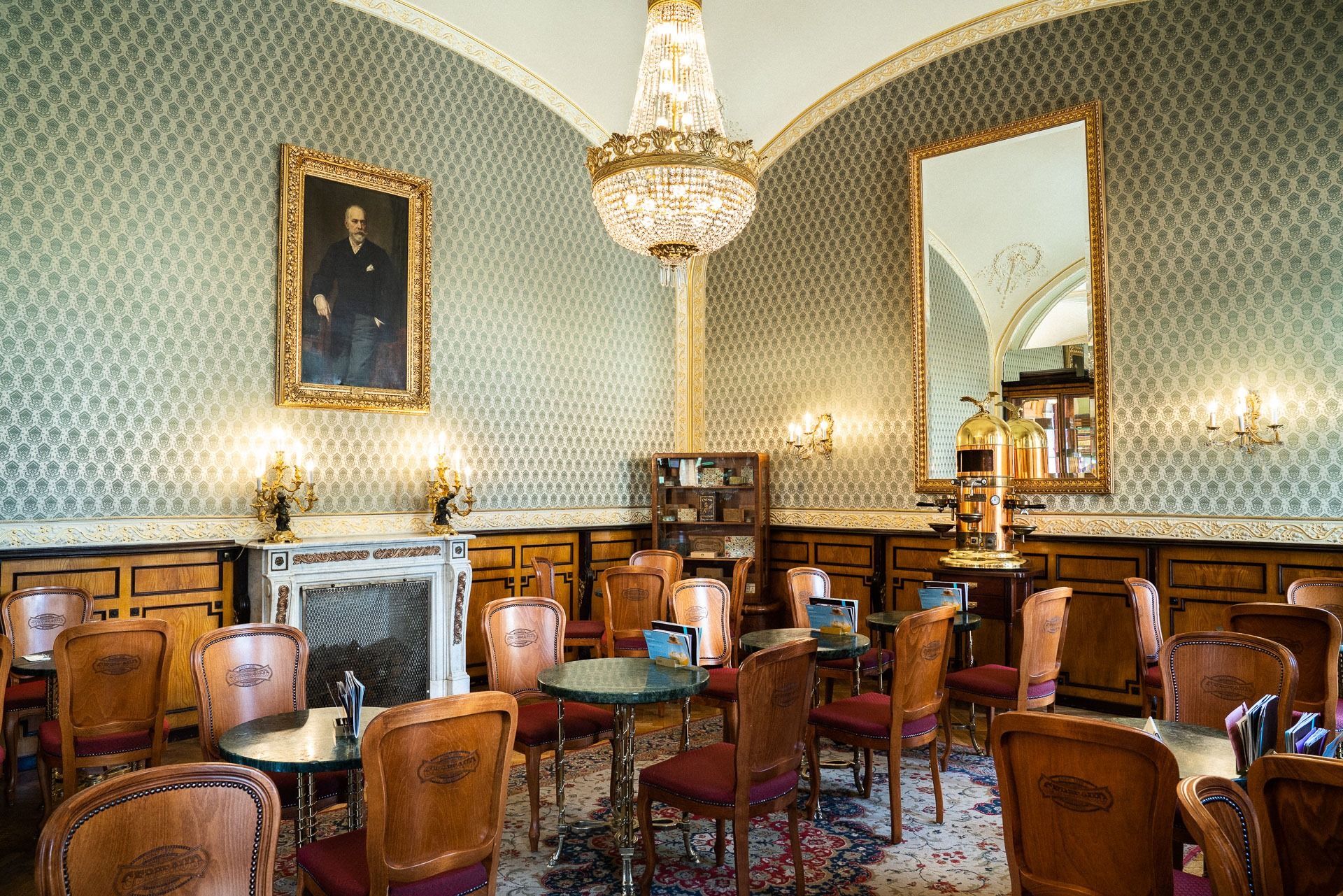
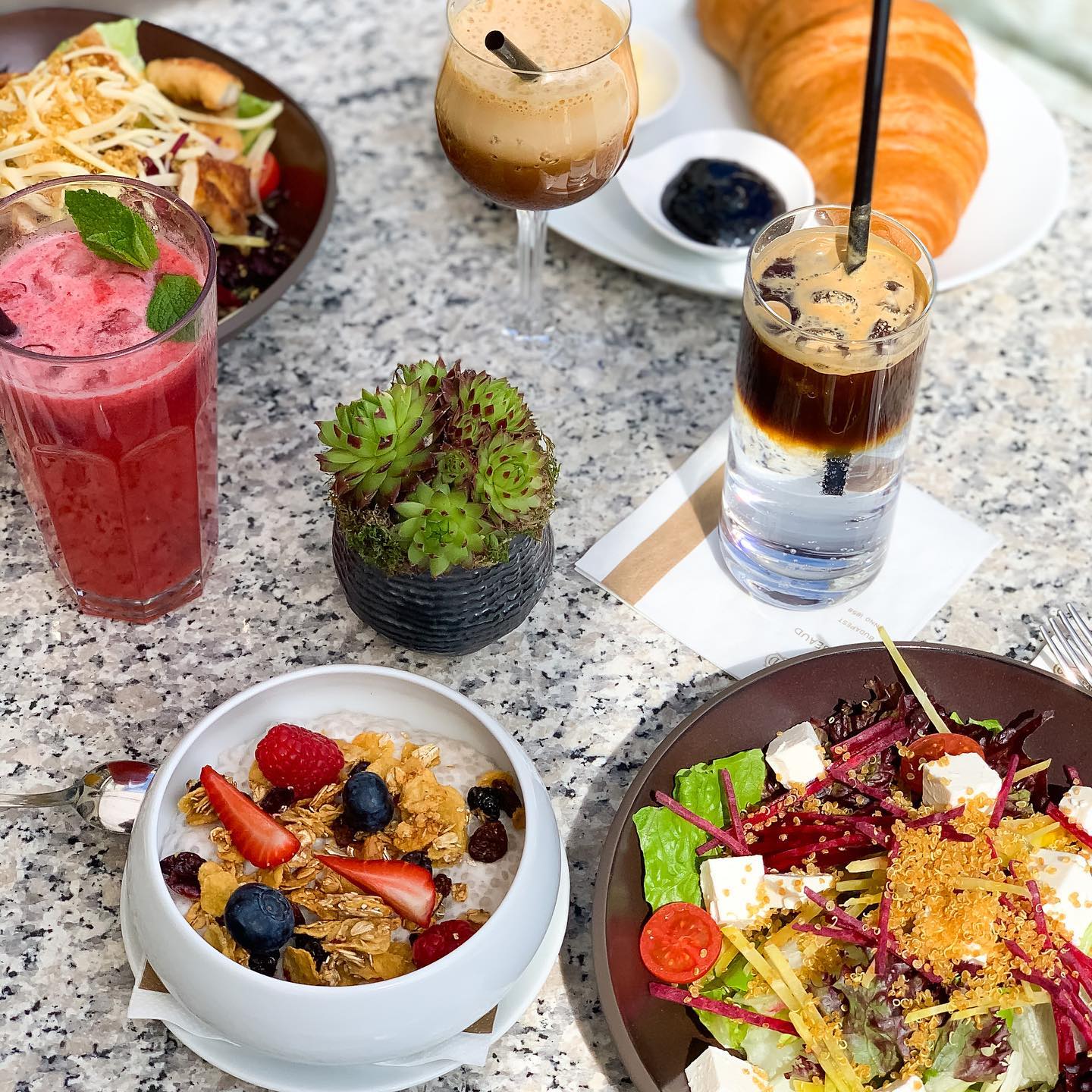

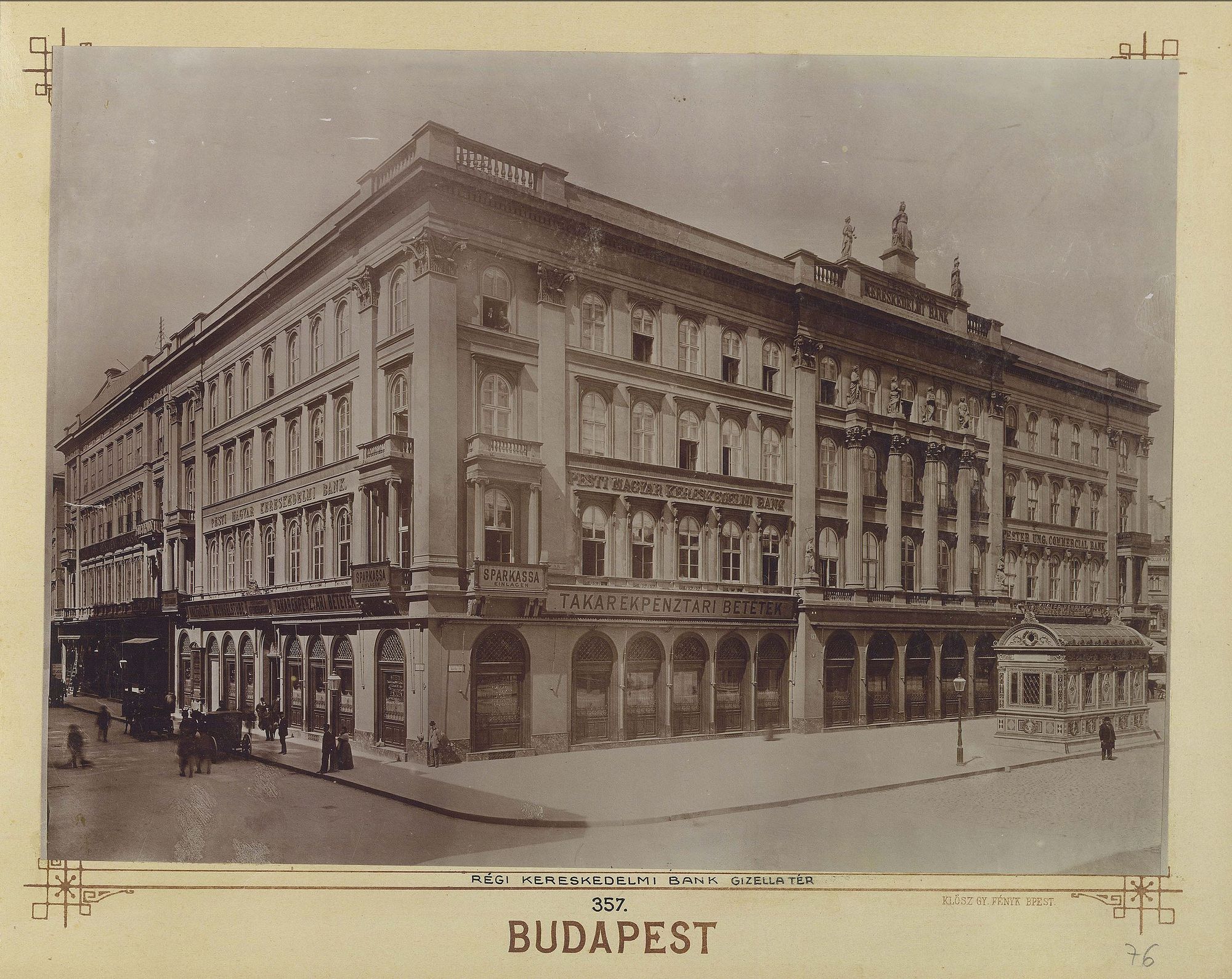
Gundel Café Patisserie Restaurant
Károly Gundel, the greatest reformer of Hungarian cuisine, is credited with the creation of the Somlói Galuska and of course the popular Gundel pancakes. Once the venue for luxury dinners, the list of the restaurant’s most illustrious guests is almost endless, with notable personalities such as the late Queen Elizabeth II, US President Bill Clinton, and Angelina Jolie among the many who have enjoyed the restaurant’s exceptional service.
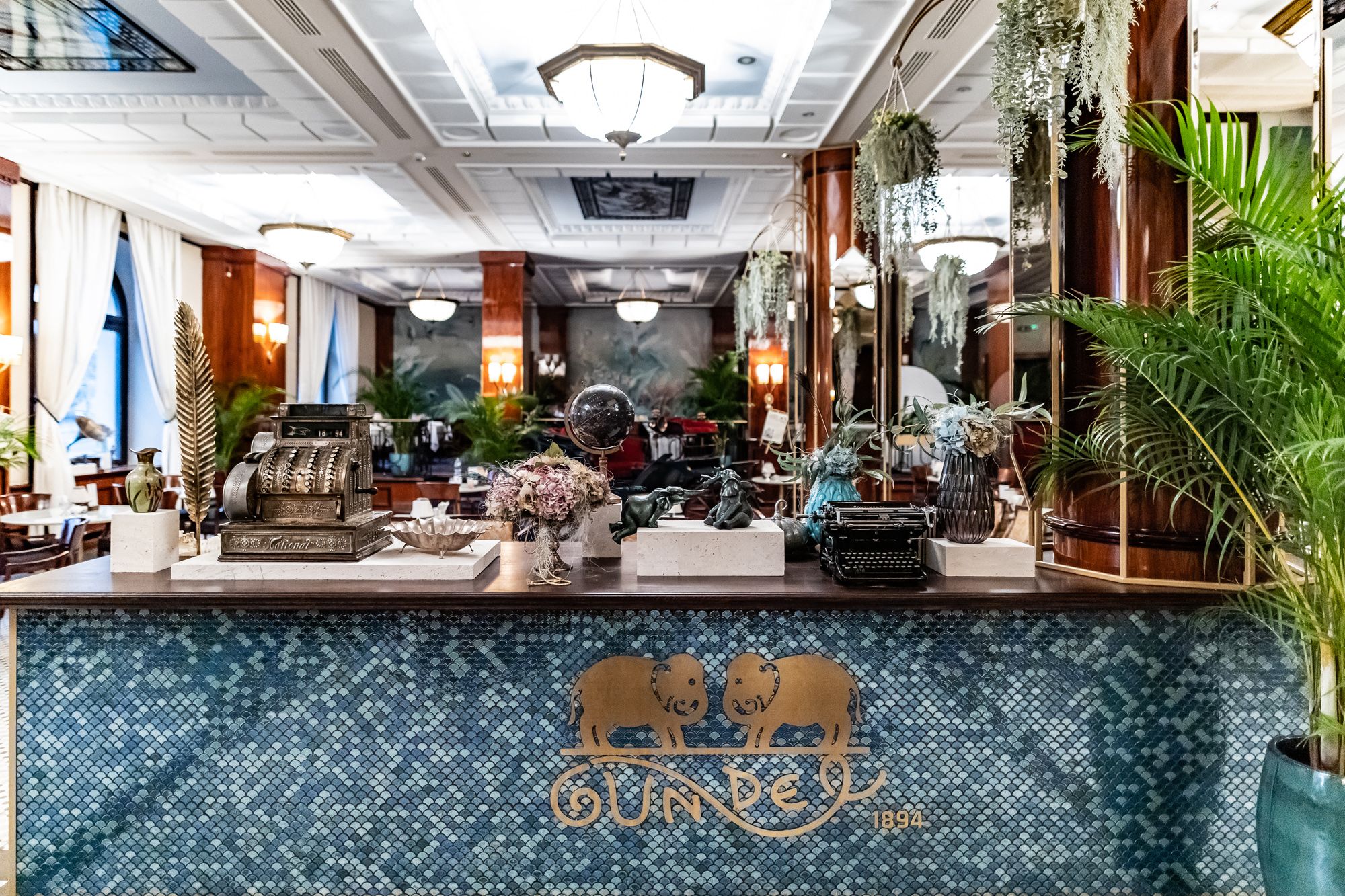
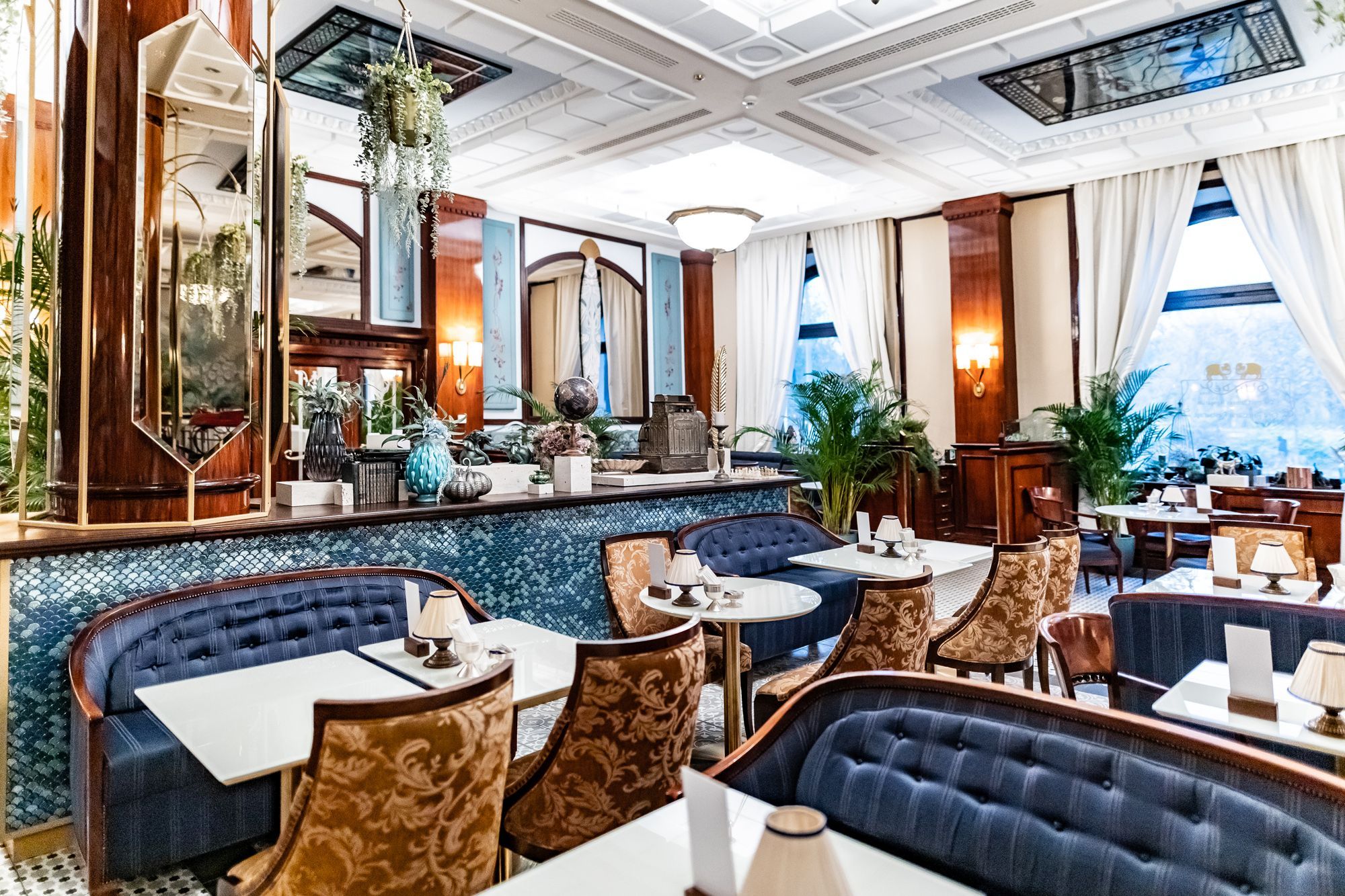
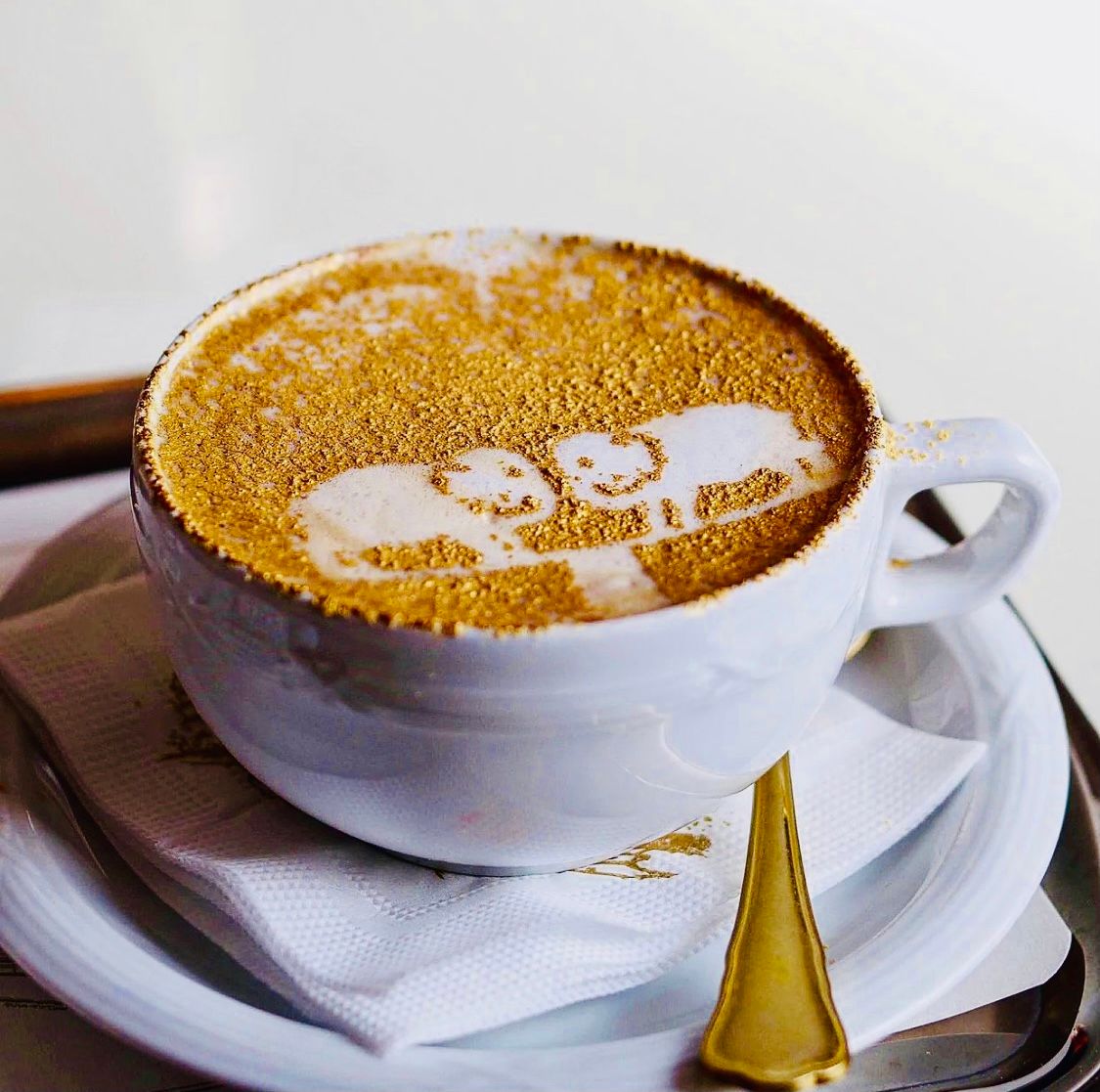
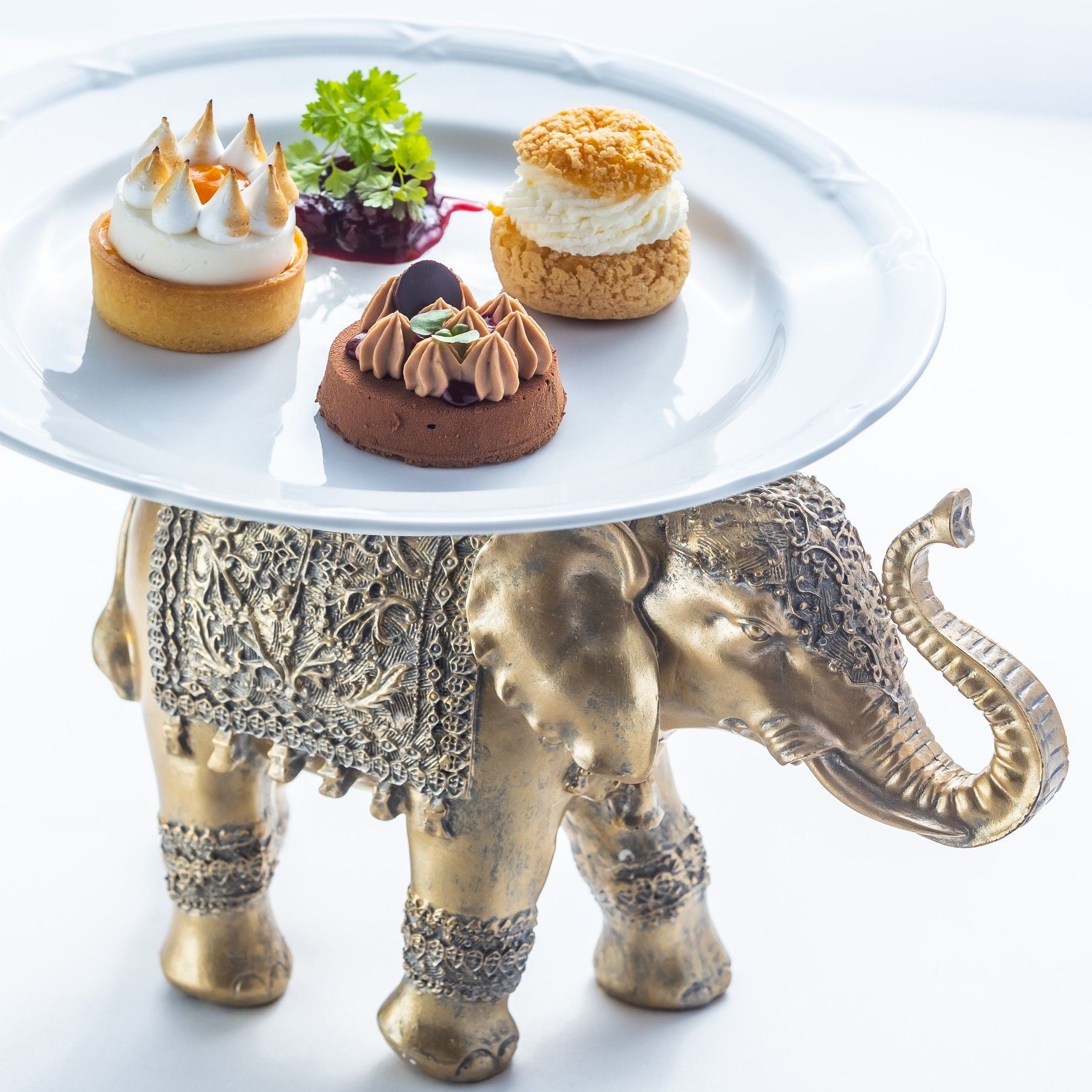
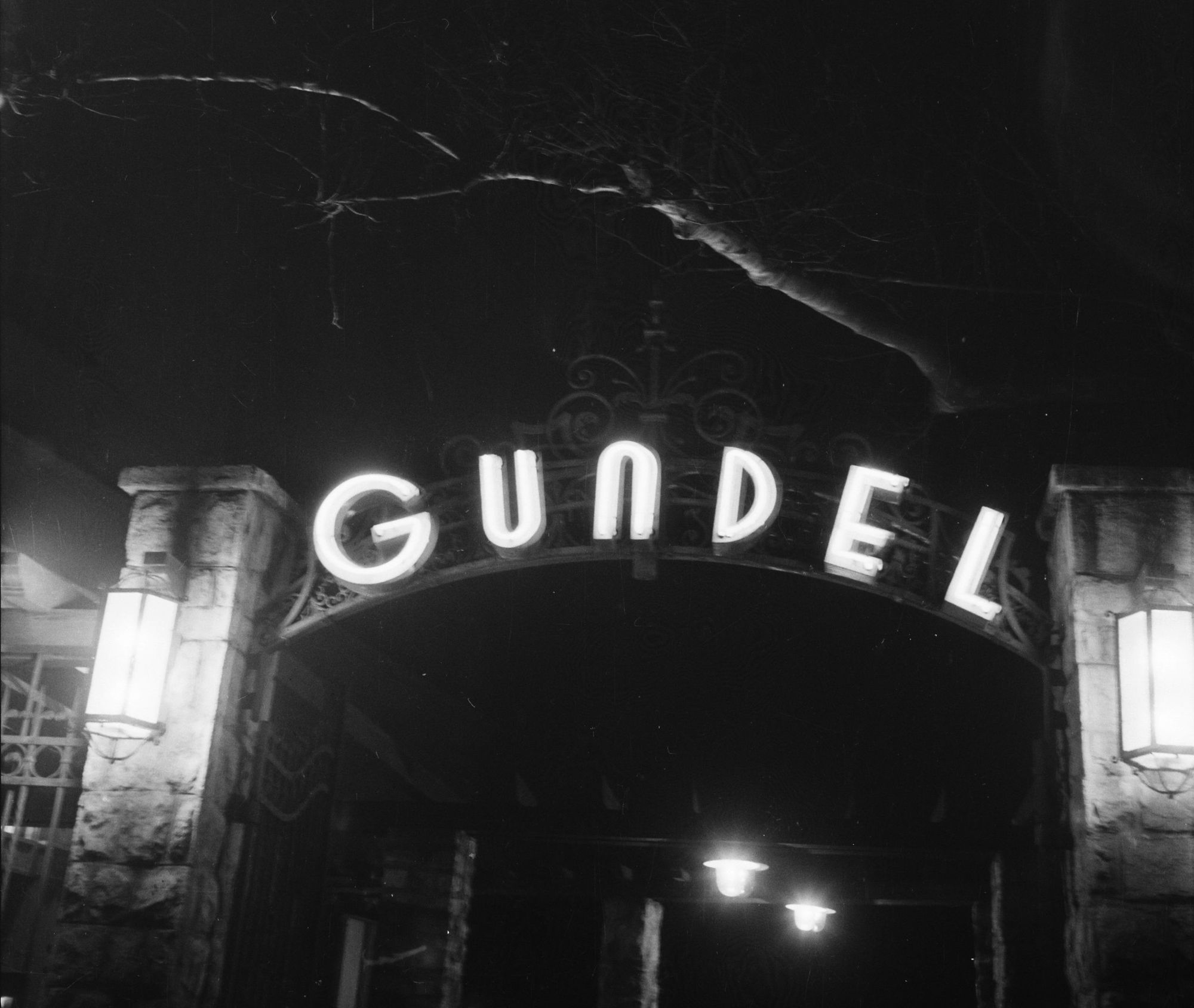
Hadik Café
Named after the former Hadik barracks on Bartók Béla Road, this is the most exciting and well-known café on the Buda side. After its heyday in 1910, the place, which was also a hub of literary life, suffered the consequences of the Second World War and only reopened its doors to the public in 2010. Frigyes Karinthy, Dezső Kosztolányi, and Zsigmond Móricz regarded it as a second living room, and today it hosts literary evenings, art talks, musical productions, and exhibitions on a regular basis.
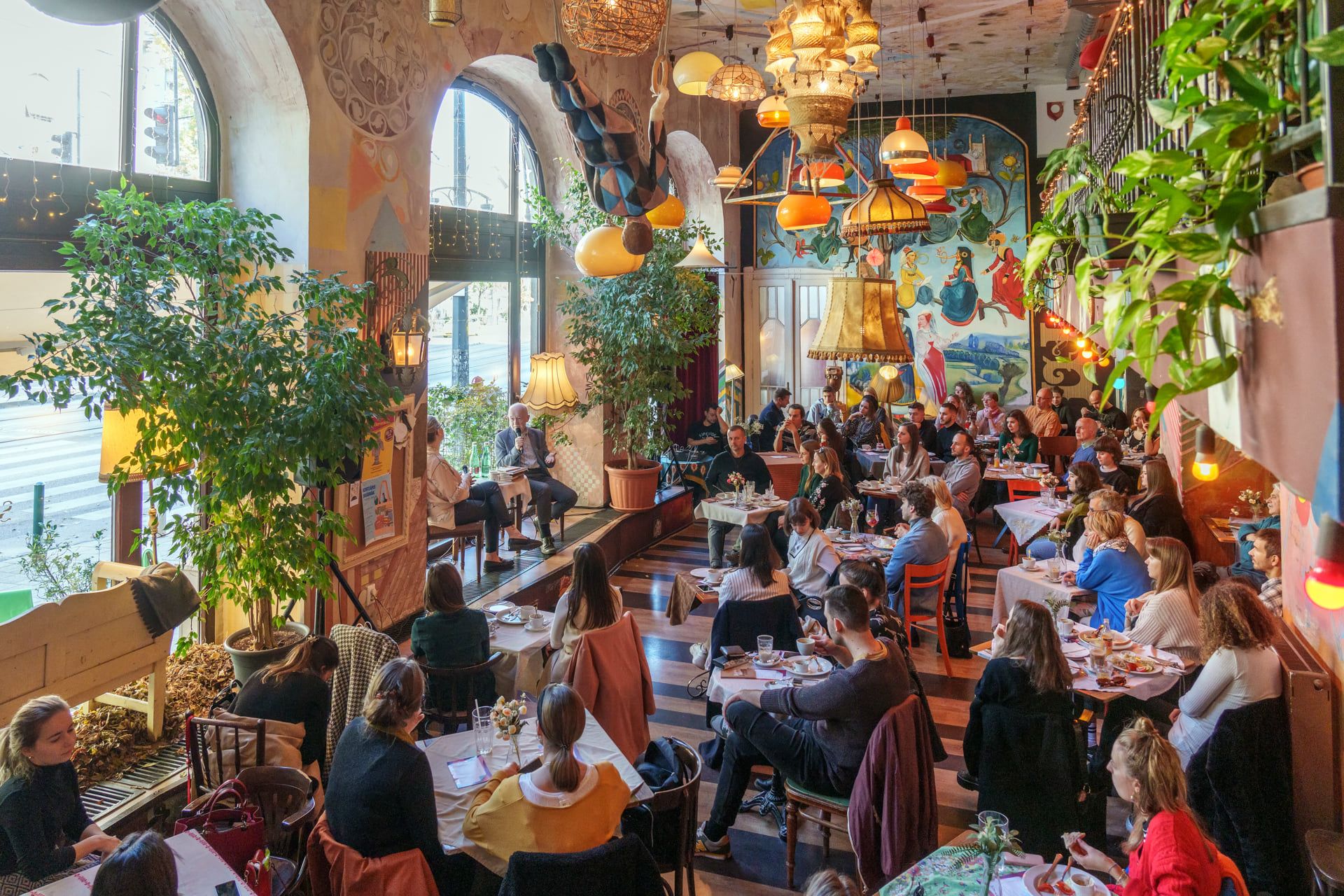
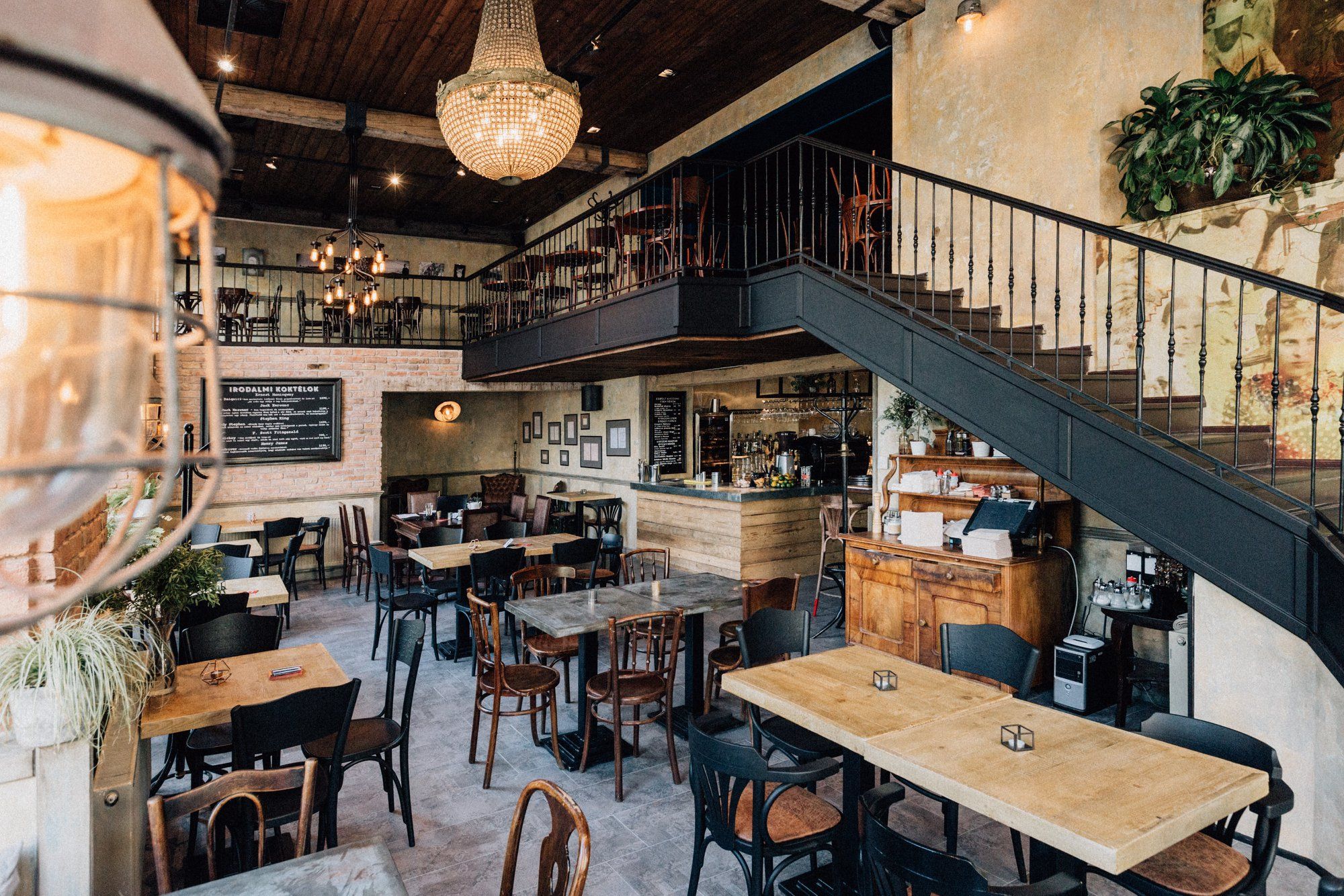

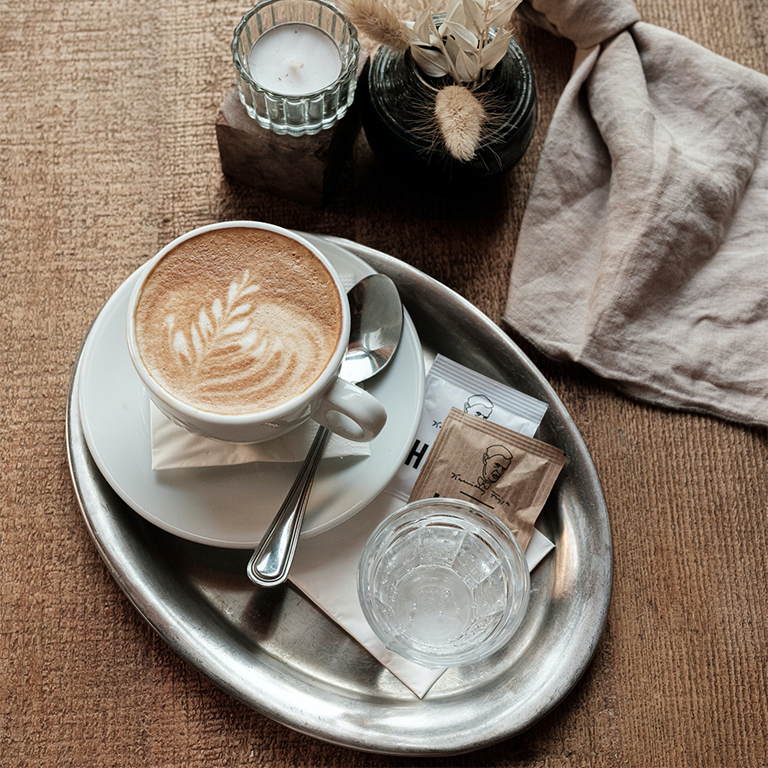
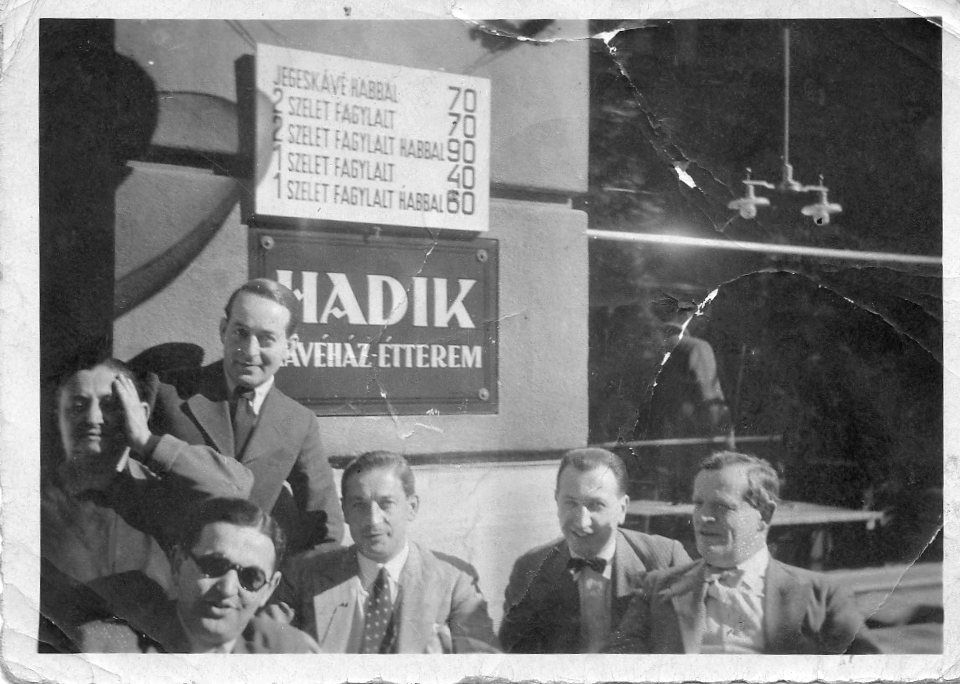
Graphics: Áron Kiss
New York Café | Web | Facebook | Instagram
Centrál Grand Café & Bar | Web | Facebook | Instagram
Café Gerbeaud | Web | Facebook | Instagram
Gundel Café Patisserie Restaurant | Web | Facebook | Instagram
Hadik Café | Web | Facebook | Instagram

Muslims are welcome in politics, but political Islam is not

Polish company designed the stadium seats for the World Cup in Qatar
